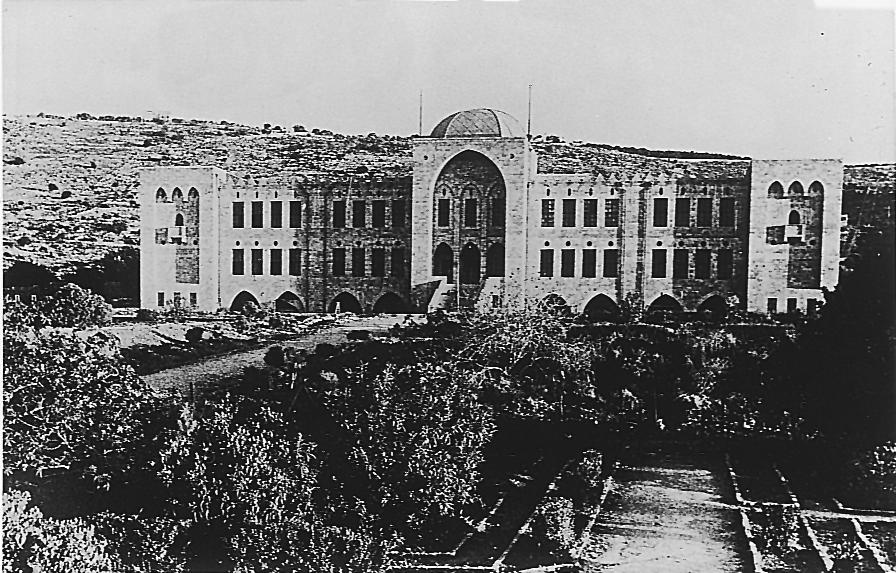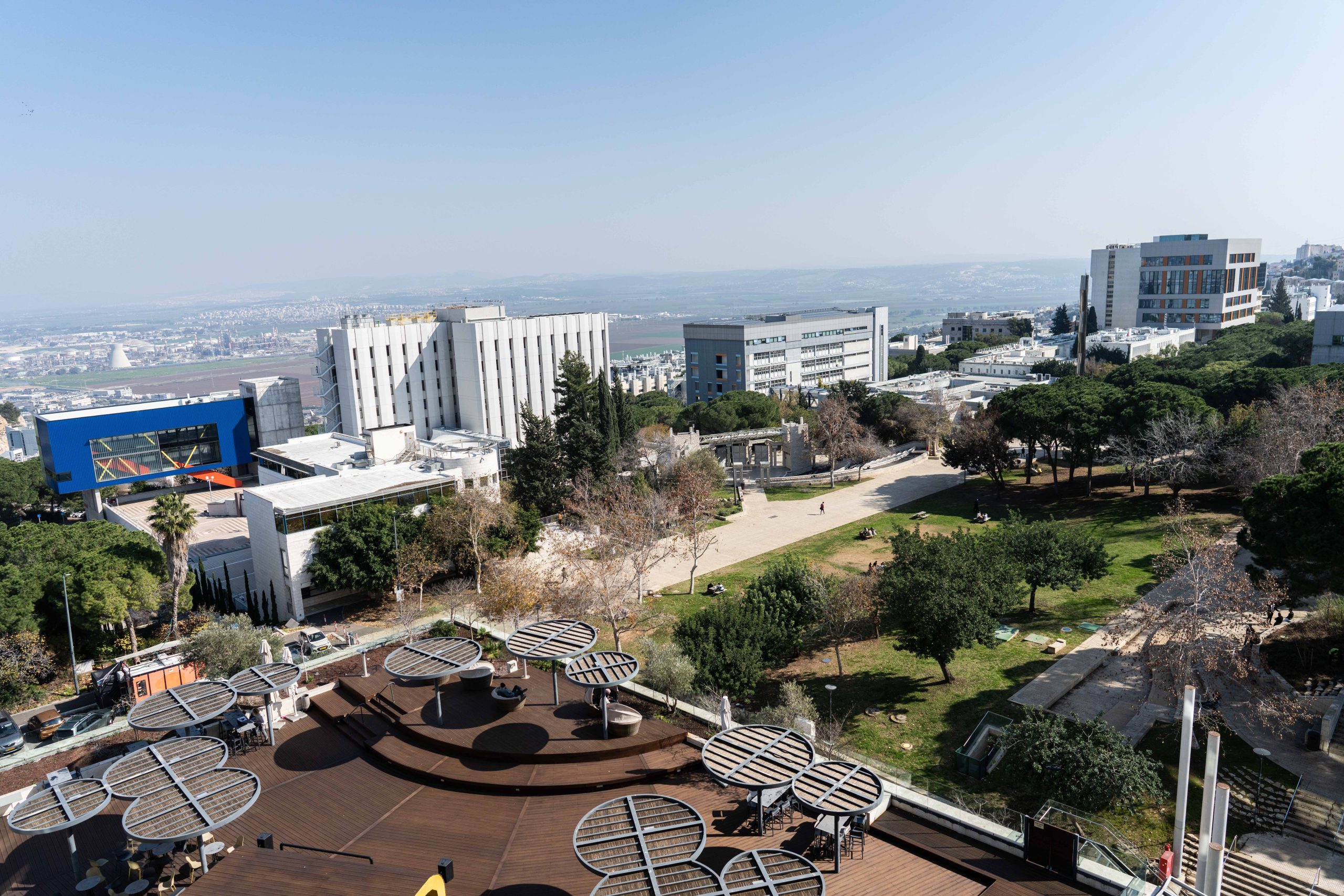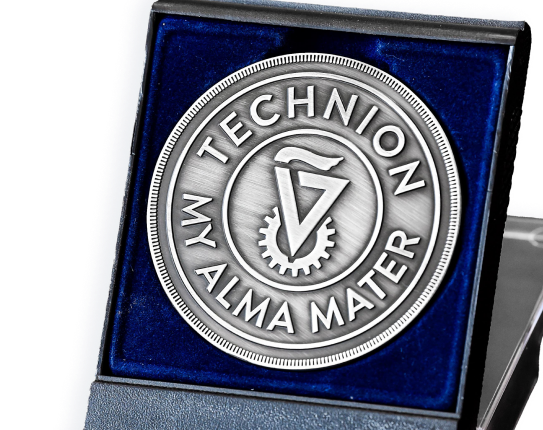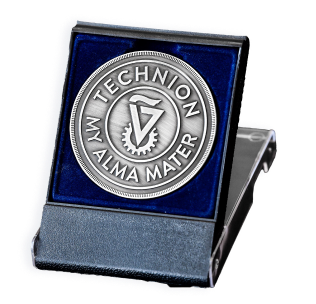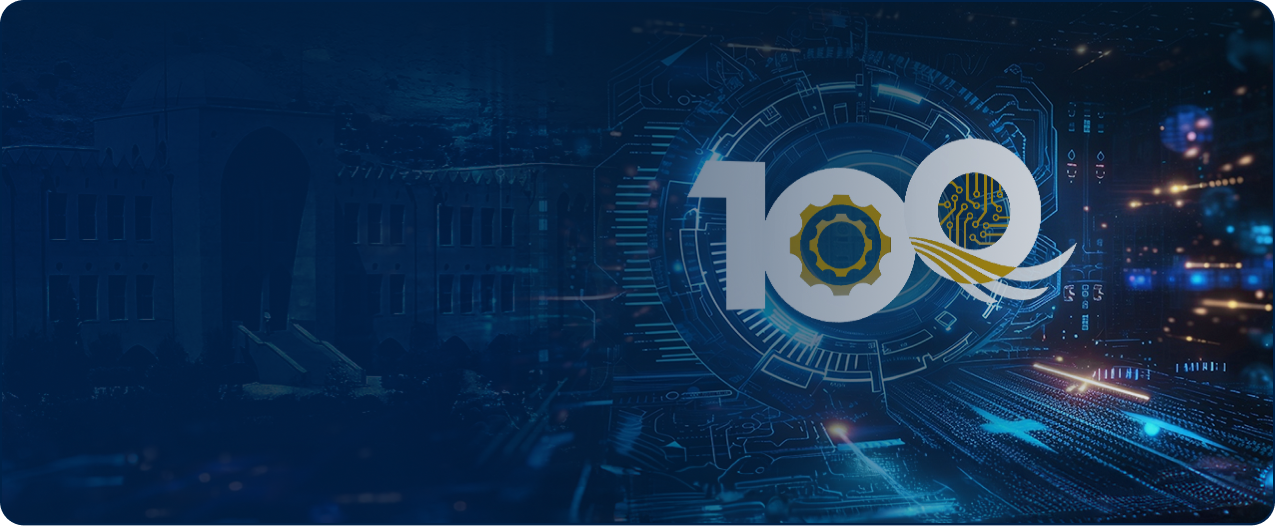Since opening its doors in 1924, the Technion has awarded approximately 92,500 bachelor’s degrees in Engineering, Science, Architecture, and Education. In addition, more than 27,000 master’s degrees and 6,700 doctoral degrees have been conferred since the Technion’s graduate school was founded in 1956, and more than 3,500 MDs have been trained since the establishment of its Medical School in 1969.
Today, the Technion is one of the world’s leading universities for training scientists and engineers. Its alumni fill central positions in the Israeli and global economies and spearhead basic and applied research both in academia and knowledge-rich technology industries. Technion alumni are prevalent in the management of industrial plants and construction companies, as well as in the fields of urban and regional planning, infrastructure and energy sources, and medicine. They are groundbreakers at the helm of Israel’s high-tech revolution and played a key role in shaping the famous Start-Up Nation. Indeed, since it was founded 100 years ago, the Technion has proudly stood at the forefront of the national mission of training a highly skilled and knowledgeable workforce capable of boosting Israel’s economic and physical security.
More than 10,200 undergraduate students are currently enrolled at the Technion in about 50 different programs, as well as about 4,400 graduate students in more than 80 programs. Although the Technion is academically rigorous and requires immense dedication, many students pursue two different degree programs simultaneously.
The Technion devotes extensive efforts and resources to its graduate programs, placing great importance on advanced studies and the acquisition of research skills. Half of the master’s students are in programs requiring a thesis. Most of the doctoral students benefit from generous fellowships that enable them to fully devote their time to their studies and research.
Many Technion students work in industry and elsewhere during their studies. The university attaches great importance to this work-study combination, which contributes significantly to the students’ training and experience and promotes a two-way communication channel between the local ecosystem and the Technion.

